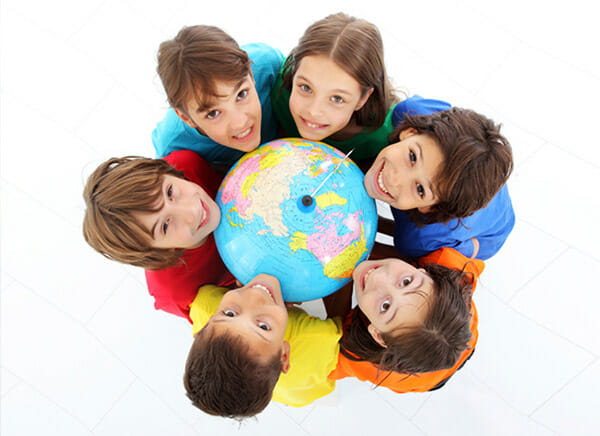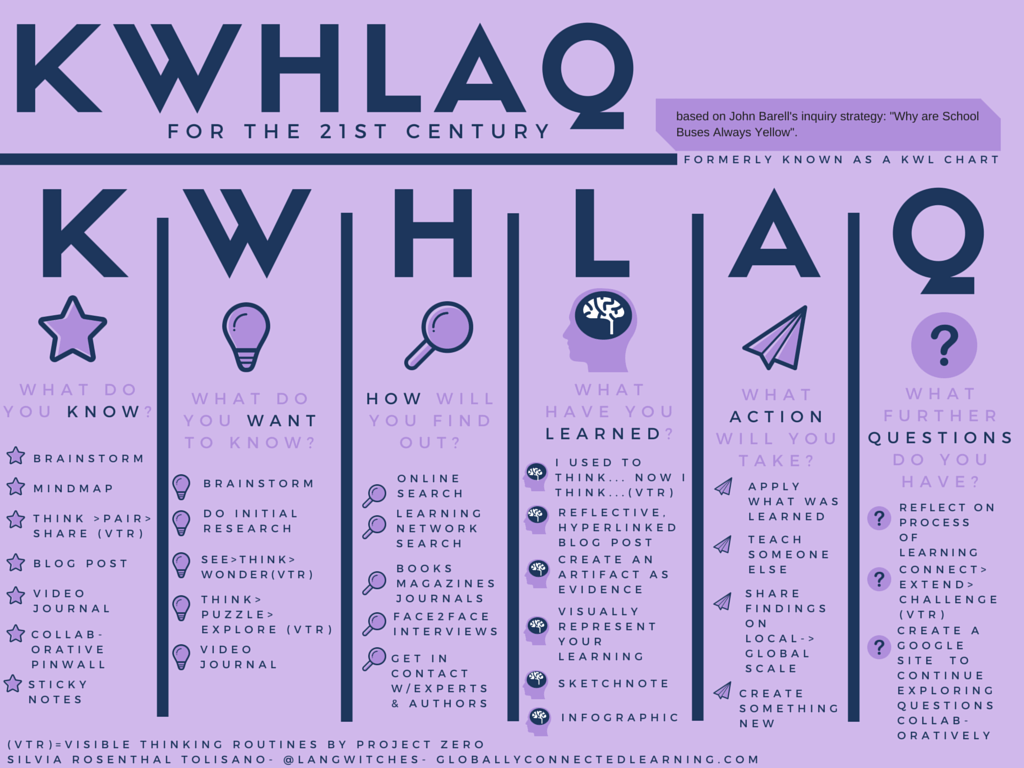The Problem of Current Educational System:
Solution: an Education System that produces Sensitive and Intelligent Humans.
The ten educational principles come from the book: a guide to the new world, are the heart of our book proposal.
-
Social Environment Builds to the Person:
The social environment, consequently is the main element affecting children. Therefore, we must create among them a “miniature society”, where all of them care about each other. So a child who grows up in this environment will not only thrive, and will succeed in expressing his creative potential, will also approach life with a sense of purpose, and with the desire to build a similar society in the environment of the ” Exo-school “.
-
Personal Example:
Children learn from the examples provided to them, most of all educators and parents, as well as through the media, and other public contents to which they are exposed.
-
Equality of Importance:
During the learning process, it shouldn’t be a teacher who imparts it, but a guide. Although the guide being greater than he or she, it will be perceived by the children as “one of them” as a companion. In such a way, it can gradually “raise” children in all aspects of the informational study, as well as in the ethical and social. For example: during class, children and guides sit in a circle and talk, all being treated as equals.
-
Teaching Through Games:
It allows children to grow, learn and deepen their understanding of how things are connected. A game is a way for children to know the world. In fact, they do not learn words by listening to them. Rather, they do it through experience.
Therefore, it is necessary to use games as a primary method for working with children. Games should be built in such a way that infants see that they can’t succeed on their own, but need the help of others, and that in order to do so, they must make concessions to others, with the full conviction that only a good social environment, will benefit them.
-
Weekly Outings:
Every week, there must be a day when children leave school, and visit a place in their neighborhood, urbanization, city, or the interior of the country, depending on their age. These places can be parks, museums, botanical gardens, factories, farms, film studios or theaters.
In addition, they should be taught how institutions that have something to do with our daily lives, such as the police, the postal service, hospitals, government offices, nursing homes, and any other entity that serves This illustrative process. Before, during and after departure, discussions should focus on what you see, how the experience is compared to your expectations, what your conclusions are, and so on.
-
Older Teaching the Younger:
The older groups “adopt” the younger groups, while the younger groups are tutors of those who are even younger. In this way, everyone feels part of the learning process, and they acquire the necessary tools to communicate with others.
-
“Little Court”:
As part of the learning process, children should represent, theatricalize, situations they will face in their daily lives, such as; envy, power struggles, deception, etc. After which, they should try to scrutinize them. Through such experiences, they will learn to understand and be sensitive to the thinking of others.
They will understand – even if momentarily do not share their point of view – that they may be right. They will learn that in the future they may find themselves in a similar situation, since each person, and every point of view, has its place in the world, so tolerance is the fundamental factor in the human relationship.
-
Video Taping Activities:
It is recommended that all activities be recorded for later viewing and analysis with the children. In this way, they will be able to see how they reacted, or have behaved in certain situations. They will be able to analyze the changes that are happening in them, which will consequently allow them to develop the capacity for introspection.
-
Small Groups with Several Educators:
It is highly recommended that each group of 10 students, have a team of two educators (male and female), and have professional support (psychologist).
-
Parents Support:
To the educational process that takes place in the school. They should talk to the children about the importance of the values instilled in the school, giving a personal example – through their behavior – of communion with these values, thus preventing infants from being prey to false preaching and confusions, Product of different values at school and at home.
Perhaps parents should also attend courses to facilitate this task, in pursuit of the desired goal.
We can summarize these ten principles in the three principles of the French Revolution: Freedom, Equality and Fraternity, even to summarize even more than two principles: Truth and Peace.
The objective of this educational system is the internal absorption within the student of social sensitivity and scientific method, to develop the heart and mind.
Educative Curriculum.
With these new principles, the following is to define what subjects are going to be given in school and how we are going to give them. That is, define the content and methodology to give it. One part of the subjects will be the same for all, and another part will be freely chosen by the students.
Here, each locality, each pair of teachers, must decide what subjects are going to be given in each school year, and how long it will leave for children to develop the topics that interest them in their class schedule.
We recommend the following methods:
Methodology for Free Subjects.
Professor Silvia Rosental gives us this updated version of the KWL method.
And Professor Paul Solarz, shows how to implement this “Genius Hour” using Trello in this article.
Tool for Task Organization.
Methodology for Group Discussions.
Tool for Group Decision Making.
Methodology for Development of Emotions.
Professor Toshiro Kanamori, development methodology, which is that every student has a book of his emotions, a journal, writing by hand each day at the beginning of the class, three students read what they wrote in his diary. The documentary “Children Full of Life” “.
Other Recommended Methodologies.
There are other methodologies that intuitively use the ten principles such as Singapore method for mathematics, and a Colombian method for learning to read playing. Surely there will be other methods, which also comply with the ten principles.
The Japanese system is very good taught cooking, sewing, playing instruments, singing, crafts and cleanliness and above all because they are teachers and students who cleaned the school.
Final Words
We can see that the best education systems in the world, Finland and Singapore, stick more to the 10 traditional educational system educational principles. Even Finland, is in the process of further improving its education system, and proposed changes are designed to further adhere to these ten principles.
The weak point of this proposed new education system is the lack of that army of teachers, to apply, not because there is no people in the world, but that the degree of preparation, culture and sensitivity of this new teacher, is quite high . Therefore, to boot, you have to work with what is there.
With everything presented in this article, we already have all the tools to have the best education system in the world, there is only the part of the citizens of the world, to lobby their local governments to implement it.








